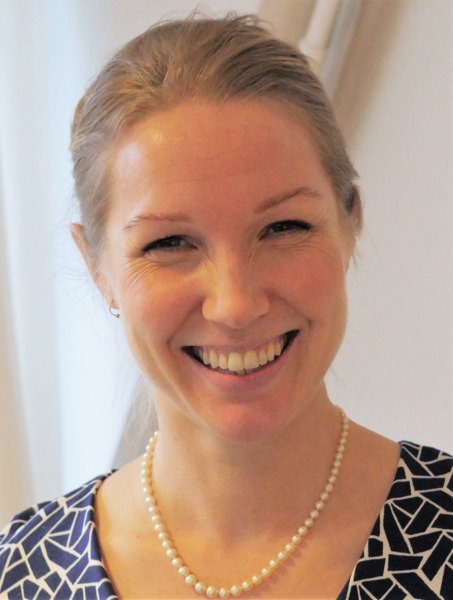Wants to provide the right type of support to patients with rare syndromes
Three questions to Charlotte Willfors, psychologist and researcher in the Rare Diseases groups at Karolinska Institutet. In the project UNIKA, she studies patients with rare syndromes with the goal of being able to help them have a better life.

Text: Fredrik Hedlund. First published in Swedish in the magazine Medicinsk Vetenskap, no 1, 2019.
What is the project about?
“What we want to do is to thoroughly chart the strengths and difficulties related to different rare syndromes where we believe that the syndrome also has an effect on the brain and behaviour. This involves everything from learning, language and different types of related behaviour to psychiatric comorbidity. We have selected a few diagnoses to start with, but the hope is that it will become a major research program so that we can study many rare syndromes.”
What is the goal?
“Firstly, we want to understand what these people need so that it is possible to develop treatments and clinical guidelines. Secondly, we want to understand the link between the genes, the brain and the behaviour. We know the genetic causes of the syndrome, and by studying effects on behaviour, the brain and cells, we can get a better general understanding of causal relationships.
Helping the patients develop their strengths and by providing adequate support for them to deal with their difficulties increases their opportunities for good health and integration in society, and perhaps also the chances of finding their own accommodation or a regular job. If the patients do not get the right help, there is a great risk of their full potential not being realised. This is therefore very important, both from a patient perspective and from a societal perspective.”
How far have you come?
“We have conducted a small pilot study on women with Turner syndrome, and now we are studying Williams syndrome, but we are still collecting data so we have no finished results as yet.”
